Interviews
58301
0
0
“After 15 years of practice, I have come to see how few women stay on in the profession and put themselves out there – especially at negotiation tables in PE & M&A transactions”- Goda Raghavan, Advocate & Partner, AK Law Chambers
This interview was taken by SuperLawyer Team
Posted on June 25, 2024
This Interview has been published by Pragya Chandni and The SuperLawyer Team
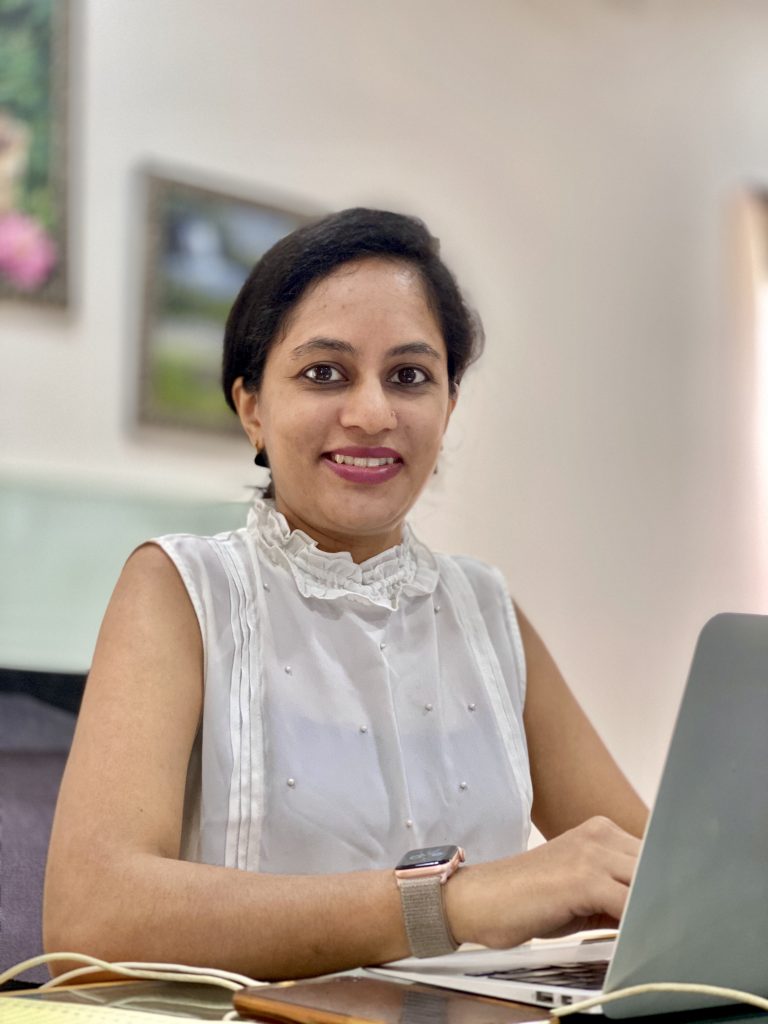
Ms. Raghavan, you have a remarkable career in corporate law, leading the Corporate Transactions practice at AK Law Chambers. Can you share with us the journey that led you to pursue a career in law and what sparked your interest in this field?
I come from a family of litigating lawyers (my grandfather KR Gopivallabha Iyengar was a judge of the Karnataka High Court and my father, Mr. KG Raghavan, is a senior advocate in Bangalore) and I am now the third generation lawyer. While I was always keen on becoming a lawyer from very early on, I wanted to establish a practice to create an identity of my own and on my own merit and consequently, I wasn’t sure if I wanted to pursue litigation as my area of specialisation. In addition to being a lawyer, I am also a qualified company secretary. As part of the CS course, I worked with the GMR Group. During my stint for a little over a year there, I was exposed to working with the legal and secretarial team alongside the business vertical with a focus on getting business done within the framework of the law rather than academic interpretation of the law. I even had the opportunity to be a part of the board meetings. When I met my husband, Anirudh Krishnan, in London during my LLM at the London School of Economics, our idea was that if we were to setup our private practice together, our skill sets should complement each other and not duplicate. All of this instilled a keen sense of desire to work in an area that is a bridge between the business world and the law and consequently pursuing a career in corporate transactions was the perfect fit.
Your educational background is impressive, with a Bachelors in Law from University Law College, Bangalore, and an LLM from the London School of Economics. How did your educational experiences shape your legal career and influence your specialization in corporate and commercial law?
An undergrad degree equips you to be a lawyer sans specialisation in most 5 year programs However, the LLM degree in LSE, UK changed my perspective on how to approach a given factual matrix and debating the ‘why’ of the law given that I shared a classroom with some of the best students from top schools across the world and was taught by some of the world’s best subject matter specialists. While at LSE there were two specific courses that added to my already keen interest in corporate and commercial law – International Business Transactions and Project Finance & Public Private Partnerships. However, according to me, much of my specialisation came to me as a learning on my first job with Mr. TK Bhaskar. But I would like to add that, over the years, since I have setup my own vertical in the area of corporate commercial transactions at AK Law Chambers, the LLM has visibly given me an edge when a client has to decide between two or more prospective lawyers.
Being a qualified company secretary and securing a gold medal is quite an achievement. How has this additional qualification complemented your legal practice, particularly in corporate transactions?
Thank you. I believe that having an additional qualification such as the company secretaryship has definitely added an intangible benefit to my practice. I am now in a position to provide my clients with the wholistic advice on how to structure and negotiate a particular transaction not only from the legal point of view but also from the financial and secretarial point of view and any Private Equity or M&A transactions would necessarily involve all three aspects – legal , finance and secretarial.
You have been recognized by prestigious platforms such as Chambers & Partners, Thomson Reuters, and Legal 500. What do these accolades mean to you, and how have they impacted your professional journey and reputation in the legal community?
The accolades are a recognition of the good work that one has done and a motivation to keep getting better each year. However, today the market is flooded with plenty of awards and several that come with a ‘nomination fee’ or a ‘registration fee’. We as a firm have a no payment for recognition policy and therefore I feel that those that I have earned are truly on the basis of the work we do. That being said, I am very grateful for the recognition and accolades that I have received and several of these carry a very good reputation and value internationally.
Your work in private equity, mergers and acquisitions, and general corporate advisory has been highly acclaimed. Could you tell us more about one of the marquee deals you were involved in, specifically the Mahindra Logistics acquisition of Whizzard, and what made it stand out as the deal of the year?
After 15 years of practice, I have come to see how few women stay on in the profession and put themselves out there – especially at negotiation tables in PE & M&A transactions. I’d like to use the word ‘marquee’ in two contexts – one where the deal itself is complicated and requires manoeuvring through the nuances of the law – like the Mahindra deal which was a deal involving an acquisition by a listed company and also had to be completed in a time bound manner of less than 5 days (where typically deals take around 45-90 days). There was another deal that I advised on wherein the investors from Mayalsia were exiting an Indian hospital and selling shares to a non-resident Indian and therefore the deal involved compliances and structuring under multiple jurisdiction. There is yet another deal I advised on which was a Rs. 1200 crores fund raise by a Section 8 company involved in a highly sensitive project in India. Some of these deals are in the public domain, while others are not. The other context of marquee, in my view is a transaction where the entire team of lawyers for all parties were all women – in this deal even the CFO of the investor was also a woman and when we closed the deal it left me with a sense of pride!
In addition to your legal practice, you actively mentor the start-up community and engage with organizations like TiE Bangalore and NASSCOM. How do you balance these roles, and what drives your passion for supporting startups and innovation?
I work with companies at all stages – companies that are still at an idea stage to multi-national companies that have several business verticals across countries. I would like to bring my expertise to help startups since they are the future of business in India and when they grow we grow with them. Organisations such a TiE, NASSCOM, etc provide a great platform for me to give back to the society in the way I can.
Beyond your professional achievements, you are also a trained veena artist and serve on the executive committee of the Madras Music Academy. How do you integrate your passion for music with your demanding legal career, and what role does music play in your life?
I have learnt the veena for over 30 years now and it was something that my mother was very particular about. Her objective in me being trained in music was two-fold, I would learn the music itself and also would inculcate the art of being able to focus. I believe that this has truly helped me at several points. My profession can get a bit monotonous at times and music brings in the refreshing change to my day. I believe it is important to keep your passions alive outside of your profession so that when you take that break and come back to work, you are recharged to give your best.
As someone who has achieved so much in both your professional and personal life, what advice would you give to fresh law graduates who are just starting their careers in the legal field?
Use your time at your internships well to assess which is the area of law that interests you and not go behind the mere “image” of a practice that looks externally appealing. In my opinion the first boss is probably more important than the area of work since the mentorship that you receive in your initial years will shape your professional life for several years thereafter. Also, if you choose to take up a particular area of practice, give it atleast 2-3 years so that you are able to see the full cycle of a deal or a case and understand to some extent what the area of practice entails.
Get in touch with Goda Raghavan-
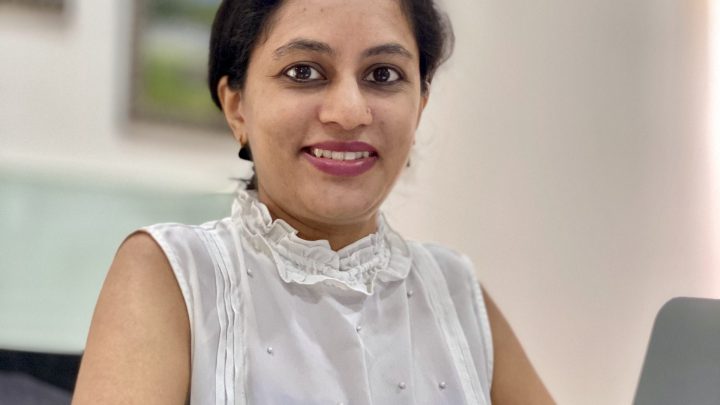
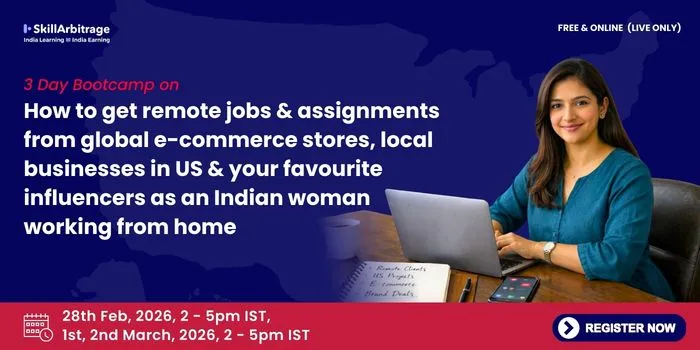
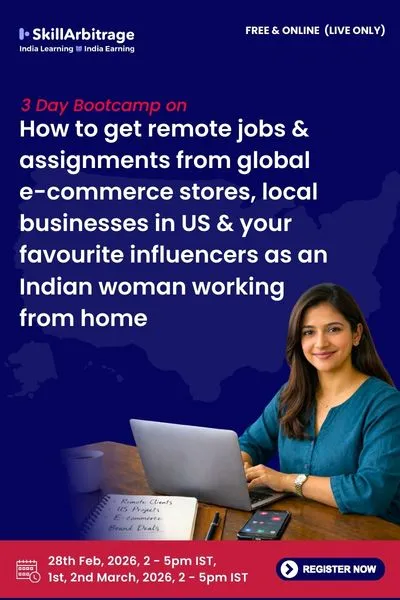

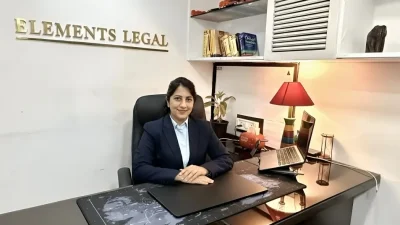


No comments yet
Be the first to share your thoughts about this interview.